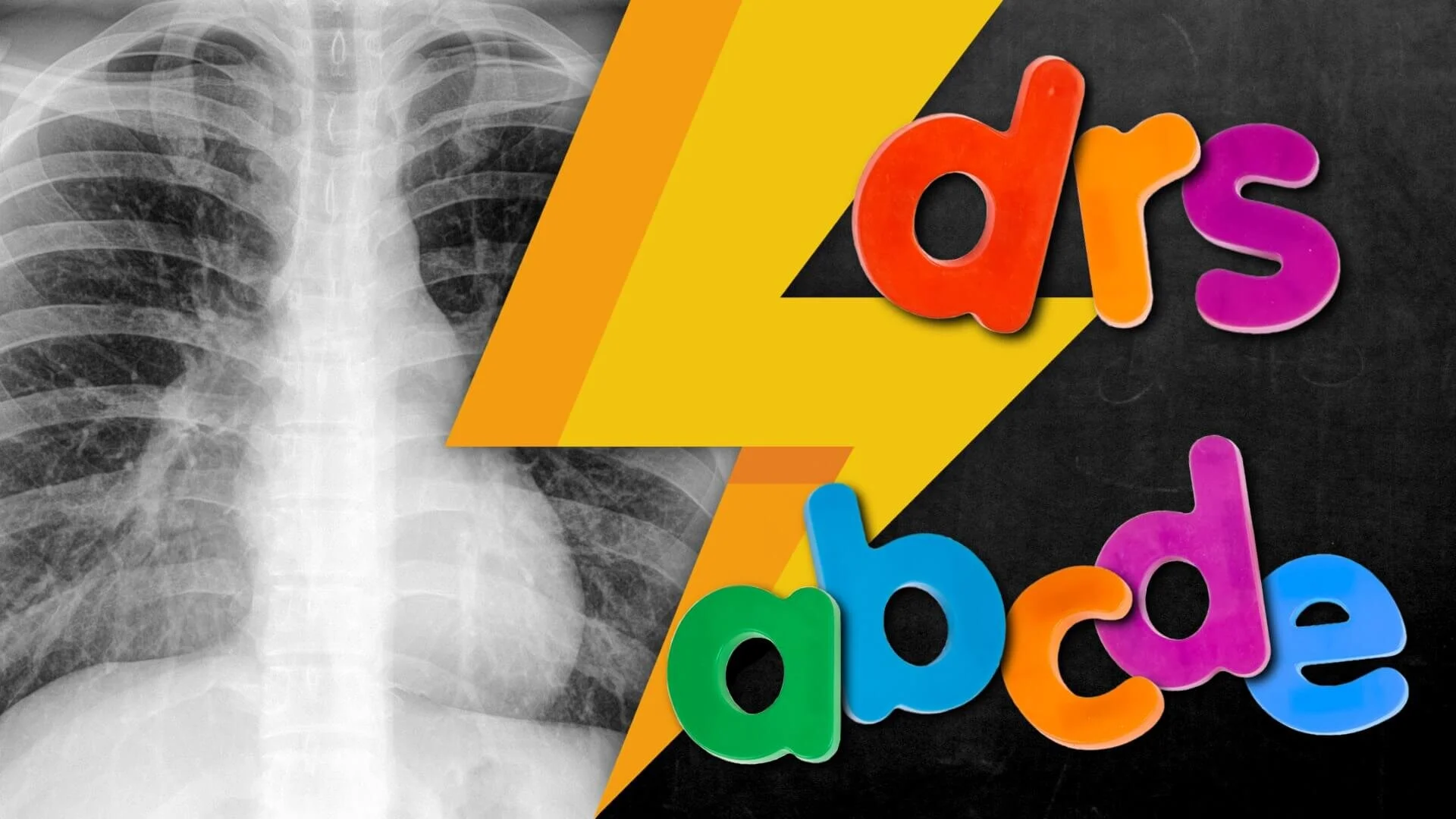Rapid ED Orientation Programme for International Doctors
#HelloMyNameIs Jalaj and I am one of the Emergency Medicine Registrars working in the Emergency Department at Leicester Royal Infirmary. I have also previously been an international medical graduate, starting work in the UK for the first time only a few years ago. Based on my experience, I felt the need to support our current international colleagues who are just starting on their journey working for the NHS, and (more importantly) living in a new country! I’m very grateful for the opportunity to help set up a robust orientation programme for these doctors that covers both medical AND pastoral support.
Emergency Medicine in itself is a fast-paced specialty that works like no other – something that can only be experienced first-hand. From high acuity to the sheer number of patients involved, it can be stressful for even the most seasoned clinicians.
So how does it work?
This bespoke programme will consist of 10 one-day teaching sessions delivered over a period of 12 months, starting off with a detailed introduction on how to work safely in a busy Emergency Department (ED).
Some of the core topics covered include:
Essential PPE training
Useful tips on communication skills when faced with language barriers
Being aware of NHS-specific roles and working within an inter-professional team
How to approach a patient when working in different areas of the ED
Assessing high-risk patient groups that are new to them, e.g. frailty, mental health and drug/alcohol misuse
Feedback from trainees
The day ended with one question on their minds…
"How do I get into a training program?"
Our international doctors are of varying cultural backgrounds and clinical practices. We have recognised that they have many different interests and personal goals, e.g. ideas for developing educational resources specific to surgical presentations.
They were introduced to ePortfolio and various ways of gathering evidence to work on their Personal Development Plan – including support systems and opportunities available with the EM3 education team.
They were also provided with a new checklist, mapped to their curriculum, that will empower them to keep track of their training and progress month-to-month. However, this is just a guideline and staff are encouraged to achieve these minimum competencies for their CREST (Certificate of Readiness to Enter Specialty Training) sign-off to be completed with their supervising consultant.
We enjoyed delivering the first day of this orientation programme, and based on feedback, it looks like our new colleagues enjoyed it too! Here are a few comments we captured:
“Interactive and friendly discussions. Thorough and well-structured.”
“Helped me to focus and understand the relevance of my new job role.”
“You can see the care they have which is refreshing.”
“Excellent teaching skills!”
Thanks to Dr Sunny Jutla for help with this blog post and for delivering our teaching session! :-)









